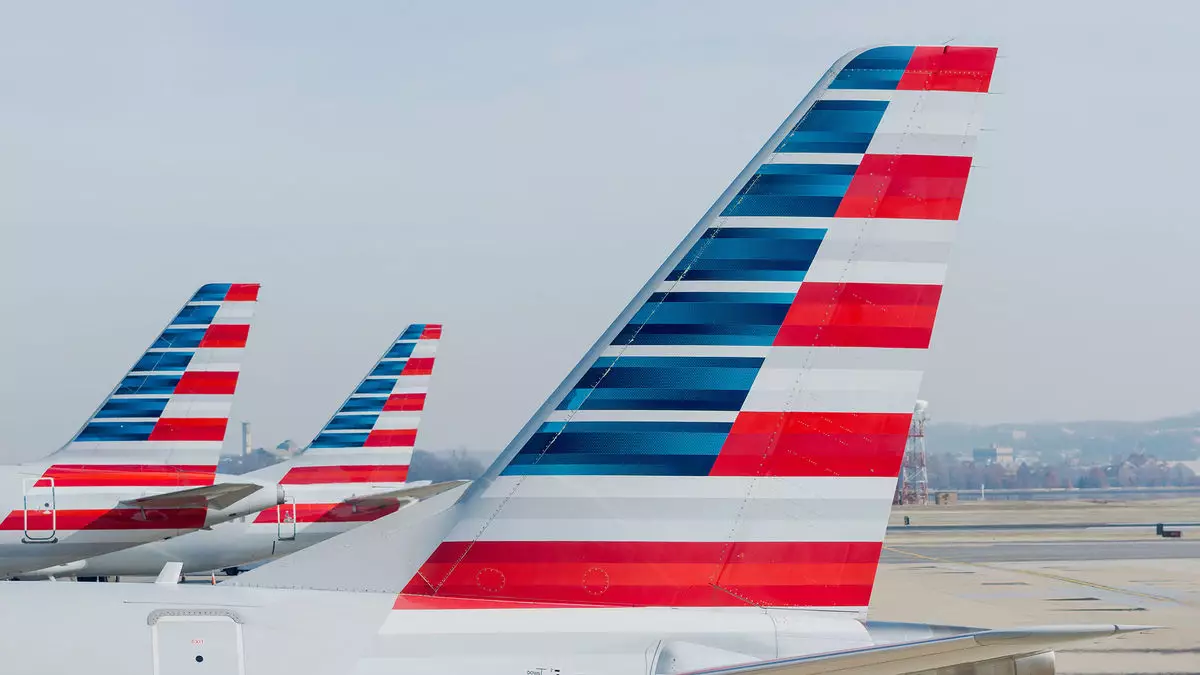In a significant legal development, a federal appeals court has reaffirmed the decision to dismantle the Northeast Alliance between American Airlines and JetBlue. This ruling, announced on November 8, 2023, marks a culmination of legal battles that began when the alliance was established, which allowed the two airlines to coordinate flight schedules and share revenues at key airports around Boston and New York. The Northeast Alliance’s operational framework closely resembled that of international airline joint ventures, yet it was conspicuously devoid of the antitrust immunity that typically safeguards such partnerships from government scrutiny.
The decision comes on the heels of American Airlines’ appeal, which sought to maintain the alliance and, by extension, the potential for future cooperative arrangements that could provide competitive advantages against other major players in the airline industry. JetBlue, however, opted not to pursue an appeal and instead redirected its focus toward other strategic endeavors, such as its unsuccessful bid for Spirit Airlines.
The U.S. First Circuit Court of Appeals found that the Northeast Alliance posed a significant threat to competition. The presiding Judge Leo Sorokin originally ruled against the alliance after thorough deliberations, supported by arguments from the Justice Department in conjunction with the District of Columbia and several states. According to the court’s findings, transforming competitors into partners undermined the competitive landscape, particularly in densely populated markets like New York and Boston.
American Airlines challenged the initial ruling, arguing that the partnership fostered competition against dominant market players such as Delta and United Airlines. Despite these assertions, the appellate court found insufficient grounds to overturn Sorokin’s conclusion, underscoring that the arrangements characteristic of the alliance mimicked those of “two powerful competitors sharing revenues and divvying up highly concentrated markets.” Judge William Kayatta’s opinion highlighted that the trial court had conducted an extensive investigation into the case, rendering multiple findings that were ultimately detrimental to American Airlines.
In aligning with the original ruling, the appellate court referred to section one of the Sherman Antitrust Act of 1890, which serves as a foundational legal buffer against anti-competitive conduct among businesses. The act is designed to protect free market dynamics and consumer rights. The court’s affirmation suggests that regulatory bodies are becoming increasingly vigilant in scrutinizing mergers and alliances that may stifle competition despite corporate claims of consumer benefits.
U.S. Attorney General Merrick Garland expressed satisfaction with the ruling, framing it as a triumph for consumers who rely on competitive pricing in air travel. His statement was a clear indication that the government intends to uphold antitrust laws vigorously across all industries, a stance that reflects a broader trend of regulatory oversight, especially in sectors with a history of concentration and monopolistic behaviors.
In response to the appellate court’s decision, American Airlines indicated that it is evaluating its next course of action. The airline has signaled its commitment to exploring avenues to maintain competitive parity in the industry, possibly indicating that it may seek other partnerships or operational strategies in the wake of the ruling. As JetBlue pivots towards other investment strategies, the future dynamics of the airline industry in the Northeast may see significant shifts.
Analysts and industry observers will be closely monitoring both airlines as they navigate this new competitive landscape. With JetBlue’s previous endeavors to acquire Spirit Airlines failing, the implications of this court ruling may stimulate further consolidation or strategic partnerships among airlines grappling for market position amidst ongoing challenges in consumer demand and operational costs.
The unraveling of the Northeast Alliance has broader implications, serving as a reminder of the delicate balance between corporate strategies for growth and the enforcement of antitrust regulations designed to protect consumer interests. As the airline industry continues to evolve, the focus will likely remain on ensuring that competition thrives, not just for the benefit of corporate entities, but more critically, for the passengers who depend on accessible and affordable travel options.

